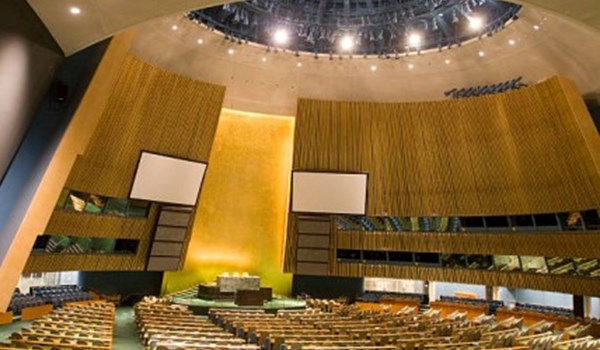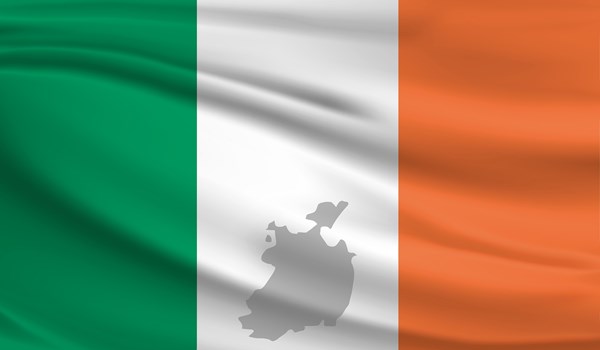The Swiss Federal Council’s proposal to include crypto assets in the Automatic Exchange of Information (AEOI) system shows the country’s commitment to crypto tax compliance and transparency.
The Swiss government is gearing up tax policy for cryptocurrencies. On May 15, 2024, the Federal Council declared that they will conduct a consultation process for the purpose of the Automatic Exchange of Information (AEOI) to cover crypto-assets. This decision will make Switzerland more internationally aligned with other countries in the effort to handle digital tax evasion.
The AEOI previously focused on financial accounts. In the modern era, there are more methods of tax evasion. Through the development of the Crypto-Asset Reporting Framework (CARF) by the Organization for Economic Co-operation and Development (OECD), this matter is being resolved.
The consultation draft is proposing that CARF should be implemented with a revised Common Reporting Standard (CRS). Switzerland is making a declaration that it will observe a high level of tax transparency and compatibility with the international standards of the OECD.
Switzerland’s Commitment to Crypto Taxes
The implementation of the CARF in Switzerland shows its commitment to crypto taxes. As this process can be adopted, Switzerland is projected to have more accurate tax data, which can imply tax revenue to the government. Right now, Switzerland is seen as the island of the wealthier compared to traditional investments.
While the proposed expansion strengthens tax compliance, some industry leaders express concerns about its impact on Switzerland’s competitiveness. In a recent statement, Thomas Schinecker, CEO of pharmaceutical giant Roche Holding AG, cautioned against mirroring European tax policies.
“Switzerland has taken a step back by adopting the minimum OECD tax,” Thomas said in Basel on Monday. When asked about the country’s ability to carry out business, he pointed out that Germany and France are high-taxing countries and underlined that the country should compete with China, Dubai and India.
The Road Ahead
The Federal Council’s proposal is currently open for public consultation until September 6, 2024. This period allows stakeholders, including industry representatives, tax professionals, and the public, to voice their opinions and potentially influence the final design of the AEOI extension.


Subject to parliamentary approval and successful implementation, the new AEOI rules are expected to come into effect on January 1, 2026. This timeline provides ample time for relevant parties, including crypto asset service providers, to adapt their systems and processes to comply with the new reporting requirements.
The integration of crypto-assets into the AEOI system represents a significant development for Switzerland’s financial landscape. It remains to be seen how this move will be received by the broader cryptocurrency community and whether it will strike the right balance between fostering innovation and ensuring fair taxation.





